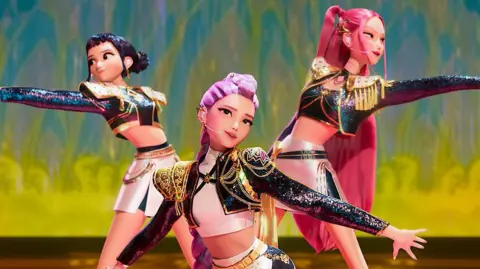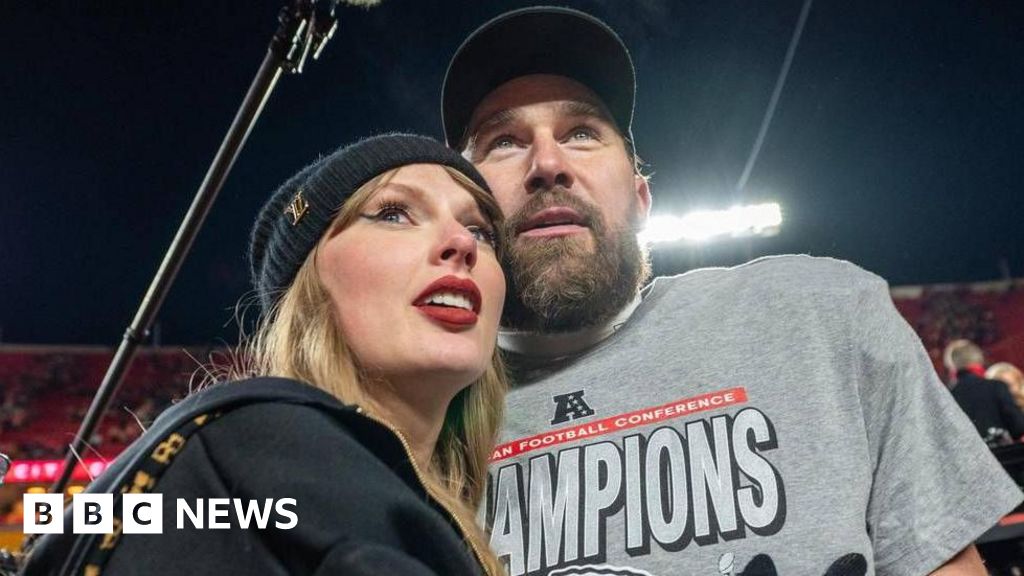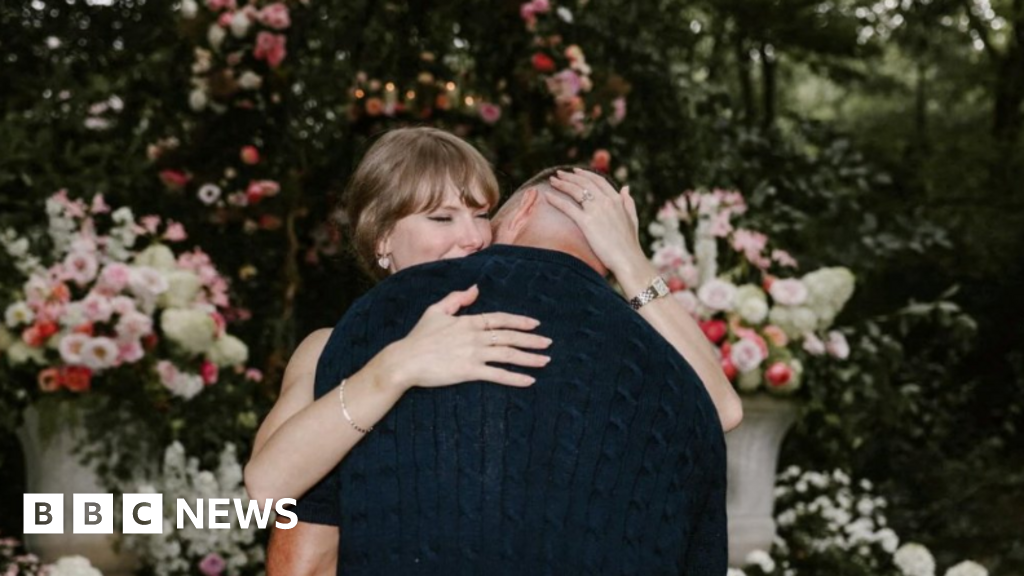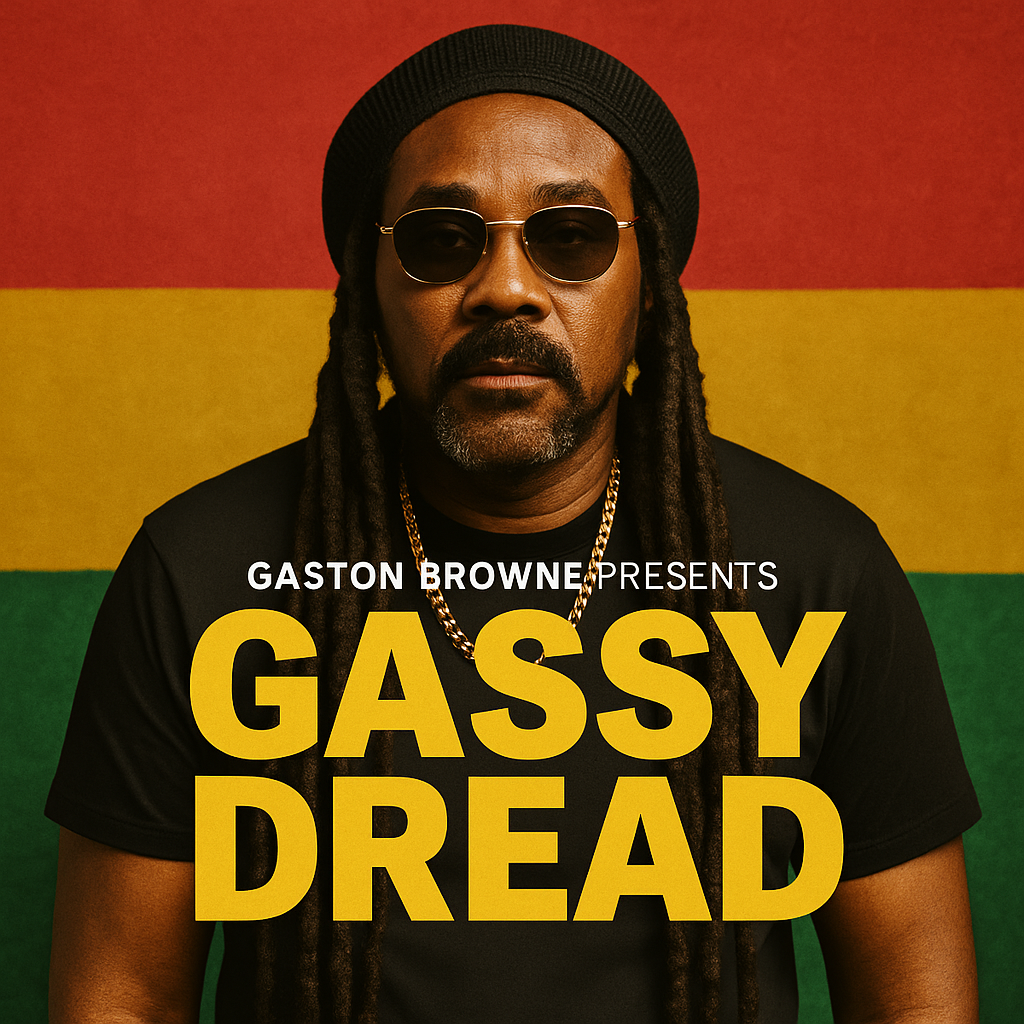In 2025, the definition of what it means to be 'culturally Irish' is a topic of vibrant discussion, especially in light of Ed Sheeran’s recent declaration of his identity. The English singer-songwriter, who grew up in Suffolk, made waves on social media when he labeled himself as "culturally Irish," an assertion that sparked both support and criticism from different corners of the Irish diaspora and beyond.
Sheeran, who has Irish grandparents and fond childhood memories of summer visits to Ireland, argues that his connection to Irish culture is legitimate. He cites his upbringing, musical influences, and the cultural ties he feels, leading some to accuse him of exploiting his Irish roots "when it suits him". Despite this backlash, many, including Irish community representatives, celebrate Sheeran’s embrace of his heritage, viewing it as an affirmation of Irish culture’s broad and inclusive nature.
Professor Linda Connolly from Maynooth University highlights that being culturally Irish encompasses more than birthright; it involves embracing a rich identity shaped by cultural customs and shared experiences. This dynamic has evolved over the years, reflected in the increasing acceptance of hybrid identities in post-Troubles Britain, where many citizens no longer feel they must choose between an Irish or British identity.
Such discussions aren’t merely theoretical; the rise of cross-generational Irish identities among musicians and artists from diverse backgrounds—ranging from the late Shane MacGowan to contemporary acts like Kneecap—illustrates this cultural renaissance, where the fusion of identities is celebrated rather than scrutinized.
However, the complexities surrounding Irish identity remain. In Northern Ireland, for example, definitions of Irishness are often intertwined with historical and political narratives that can be contentious. The influence of Brexit has resurfaced historical discussions on citizenship, belonging, and identity, making Sheeran's statement resonate even more profoundly.
The Irish narrative acknowledges its diasporic history, particularly in Britain where generations of Irish immigrants have shaped the cultural landscape. Today, the bond between Ireland and Britain is further solidified by shared experiences in food, music, and art, pushing back against old stereotypes and framing a more nuanced understanding of identity that celebrates diversity and interconnectedness.
As Sheeran’s case exemplifies, identity in 2025 is multifaceted and can be an amalgamation of distinct cultural threads, where one can be proud of their heritage without negating other influences. This evolving notion prompts broader discussions about how we define ourselves and each other in an era characterized by fluid identities and cross-cultural connections.
As individuals navigate these complexities in their own lives, they are encouraged to engage with the evolving narrative of Irish identity, much like Sheeran has, embracing the rich tapestry of backgrounds that contribute to a shared cultural future.
Sheeran, who has Irish grandparents and fond childhood memories of summer visits to Ireland, argues that his connection to Irish culture is legitimate. He cites his upbringing, musical influences, and the cultural ties he feels, leading some to accuse him of exploiting his Irish roots "when it suits him". Despite this backlash, many, including Irish community representatives, celebrate Sheeran’s embrace of his heritage, viewing it as an affirmation of Irish culture’s broad and inclusive nature.
Professor Linda Connolly from Maynooth University highlights that being culturally Irish encompasses more than birthright; it involves embracing a rich identity shaped by cultural customs and shared experiences. This dynamic has evolved over the years, reflected in the increasing acceptance of hybrid identities in post-Troubles Britain, where many citizens no longer feel they must choose between an Irish or British identity.
Such discussions aren’t merely theoretical; the rise of cross-generational Irish identities among musicians and artists from diverse backgrounds—ranging from the late Shane MacGowan to contemporary acts like Kneecap—illustrates this cultural renaissance, where the fusion of identities is celebrated rather than scrutinized.
However, the complexities surrounding Irish identity remain. In Northern Ireland, for example, definitions of Irishness are often intertwined with historical and political narratives that can be contentious. The influence of Brexit has resurfaced historical discussions on citizenship, belonging, and identity, making Sheeran's statement resonate even more profoundly.
The Irish narrative acknowledges its diasporic history, particularly in Britain where generations of Irish immigrants have shaped the cultural landscape. Today, the bond between Ireland and Britain is further solidified by shared experiences in food, music, and art, pushing back against old stereotypes and framing a more nuanced understanding of identity that celebrates diversity and interconnectedness.
As Sheeran’s case exemplifies, identity in 2025 is multifaceted and can be an amalgamation of distinct cultural threads, where one can be proud of their heritage without negating other influences. This evolving notion prompts broader discussions about how we define ourselves and each other in an era characterized by fluid identities and cross-cultural connections.
As individuals navigate these complexities in their own lives, they are encouraged to engage with the evolving narrative of Irish identity, much like Sheeran has, embracing the rich tapestry of backgrounds that contribute to a shared cultural future.






















